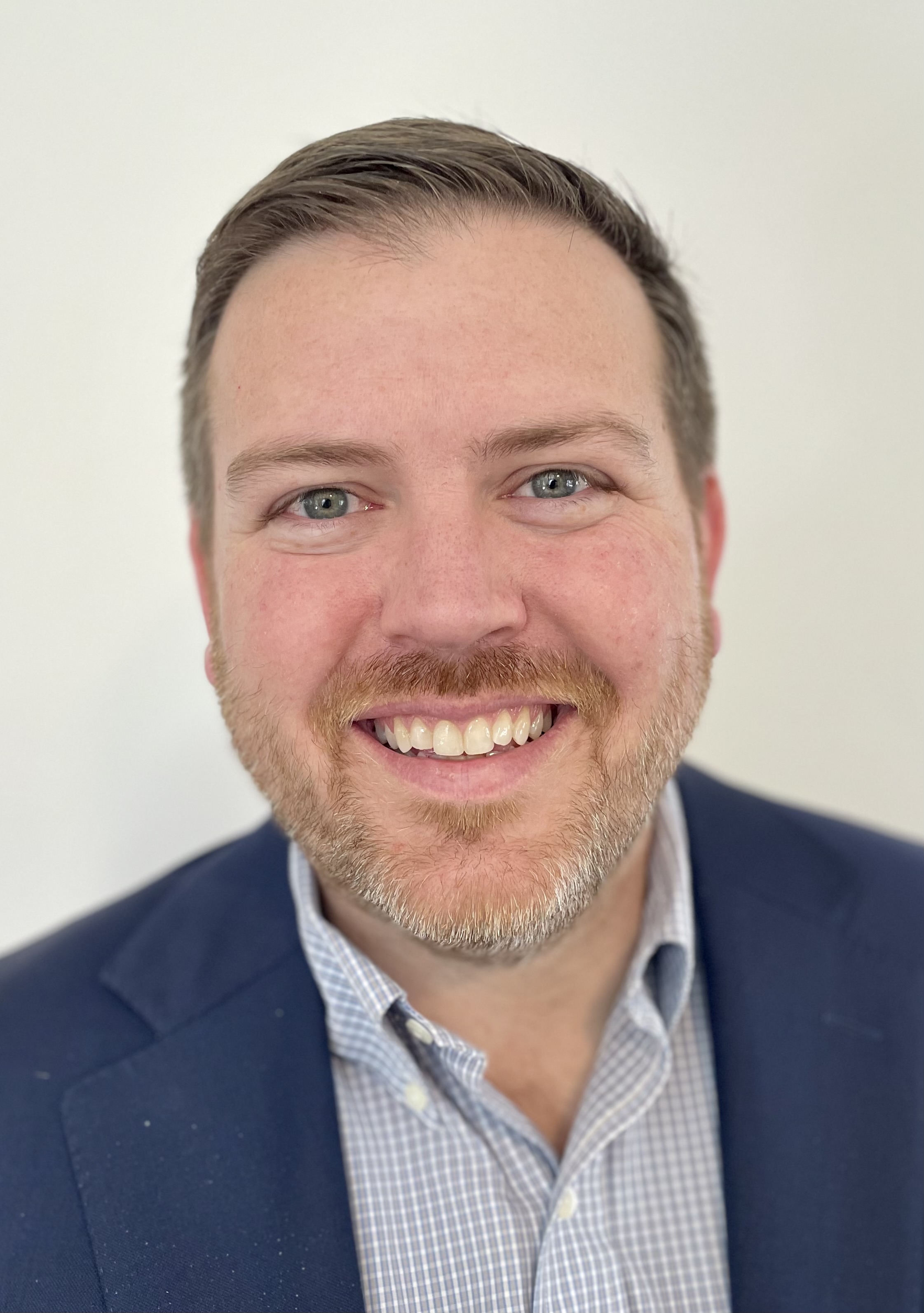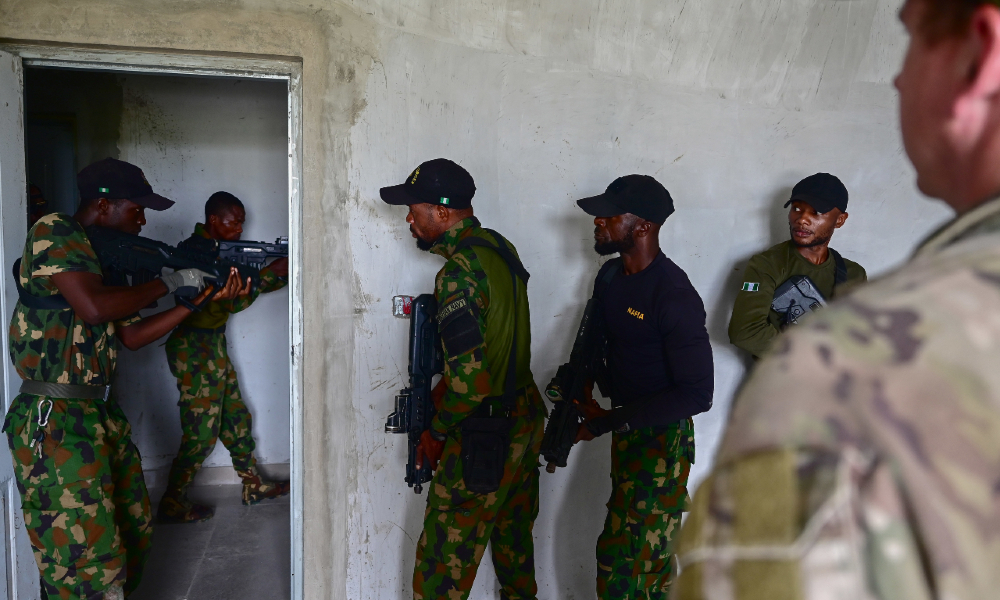The Story of an American Islamic State Member Allegedly Captured in Syria
On the morning of Jan. 6, the Syrian Democratic Forces (SDF) announced that it had captured five Islamic State foreign fighters in Syria, including two reported U.S. citizens. The SDF identified the American captives as Zaid Abed al-Hamid, a 35-year-old from an undisclosed location in the U.S, and Warren Christopher Clark, a 34-year-old from Houston, Tex. If Clark’s capture is verified, it adds another chapter to years-long efforts to investigate into American Islamic State members.
Published by The Lawfare Institute
in Cooperation With

On the morning of Jan. 6, the Syrian Democratic Forces (SDF) announced that it had captured five Islamic State foreign fighters in Syria, including two reported U.S. citizens. The SDF identified the American captives as Zaid Abed al-Hamid, a 35-year-old from an undisclosed location in the U.S, and Warren Christopher Clark, a 34-year-old from Houston, Tex. If Clark’s capture is verified, it adds another chapter to years-long efforts to investigate into American Islamic State members.
Clark is one of several dozen Americans to join the Islamic State out of the around 295 whom intelligence officials claim have traveled or attempted to travel to Syria and Iraq to join the terrorist group. The Program on Extremism at George Washington University, where we work, identified over 73 Americans by true legal name whom we know joined jihadist groups. We interviewed law enforcement officials, prosecutors, and defense attorneys, and attended relevant court proceedings. We also conducted several interviews with American travelers who returned from the territories held by the Islamic State.
Warren Clark came to our attention in 2016, when we were researching the identities and pathways of Americans who traveled to join the Islamic State in Syria and Iraq. An African-American convert to Islam and former schoolteacher, Clark was known to friends in Texas as a fervent Islamic State supporter. As one friend of Clark’s described him, “[W]e assumed he was an FBI informant because no one is that open about liking terrorism.” During the early days of the conflict in Syria, Clark left Texas to join the Islamic State, but seemingly stayed below the public radar until Mosul was liberated from the Islamic State by Iraqi forces in the summer of 2017.
After the Islamic State was expelled from Mosul, families returned to homes that terrorists had temporarily stolen. In one of these homes, a returning resident discovered documents related to foreigners who had joined the Islamic State. One stood out as particularly novel: a cover letter and resume from a Texas man, identifying himself as Abu Muhammad al-Ameriki, who wanted to join the Islamic State. With all the formality of a job application, the letter begins: “I’m looking to get a position teaching English to students in the Islamic State. I was born and raised in the United States and have always loved teaching.” Highlighting previous teaching experience in Texas and Turkey, the document concludes, “As my resume shows, I have a variety of skills as well as work-experience in education which I believe will make me an excellent English teacher. Please feel free to contact me at your convenience. Thank you for taking the time to consider me.”
After contacting the Program on Extremism, the Mosul source sent us a copy of the documents. Though the cover letter was signed “Abu Muhammad al-Ameriki,” Clark used his birth name in the email address included on the letter. Using the name Warren Clark, we cross-referenced the dates and locations in his resume with public records. After speaking with multiple law enforcement sources, we confirmed the veracity of the cover letter and resume in the fall of 2017. (In February 2018, a local Houston news source reported that the University of Houston, where Clark studied, had confirmed that the information on the cover letter and resume matched that of Clark.)
Many American travelers who left for Syria in the years directly after 2011 did so in reaction to atrocities committed by the Syrian regime. Some were interested in the violence and fighting that was portrayed in propaganda videos released by the Islamic State. Others were drawn to the siren song of the self-declared Caliphate.
Clark appears to fall into the final category. By teaching English to young Iraqis, he seems to have wanted to participate in Islamic State’s wider utopian state-building project. Clearly, he hoped that his experience teaching English in Turkey, along with his degree in political science from the University of Houston, would serve him well in this effort.
Clark, who is likely facing a number of federal terrorism charges in the United States, will be the fifteenth American known to have returned home after joining Islamic State. Such returnees face an uncertain future. Previous such individuals have been sentenced to an average of around ten years in prison. At least one returnee has taken part in assisting authorities with speaking to and preventing other radicalized Americans from attempting to join the Islamic State, and has received leniency from the courts as a result. Others have also cooperated with authorities by providing details on the location of Islamic State training camps and the identities of other Islamic State members.
Many returnees, however, will spend years in prison without access to any rehabilitation program designed for their situation. Unlike a number of European states, the Federal Bureau of Prisons (BOP) does not offer any form of deradicalization program for extremist prisoners. While the BOP is attempting to improve this situation, there is still much work to be done before a policy takes shape and is implemented. The quicker this happens the better; in the past, prisons in Europe have served as breeding grounds for extremists who use their reputations and knowledge to radicalize and recruit vulnerable petty criminals. The U.S. must ensure that it does not allow the same to happen here.
There is no way to tell yet how useful Clark may be to authorities seeking more insights on Islamic state operations and membership, or how long he may spend in prison. However, after years within the Islamic State, he may prove to be a treasure trove of information. This may help him make the case for a lighter sentence if he is prosecuted. In the meantime, however, Clark may come to wish that this was one job opening he passed on.


.jpeg?sfvrsn=96471529_5)


